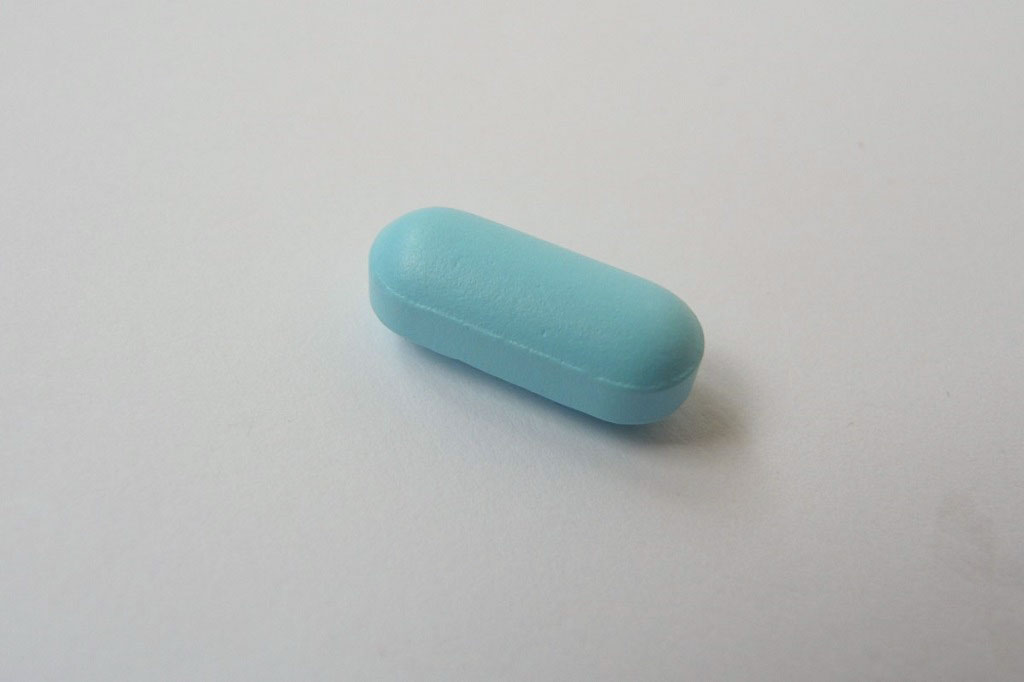Heart damage enzyme
Heart and lungs
“Heart damage prevention hope” is the headline on the BBC News website. A study by US researchers has identified a protein which “reduces the extent of damage caused
“Heart damage prevention hope” is the headline on the BBC News website. A study by US researchers has identified a protein which “reduces the extent of damage caused by a heart attack and may prove useful during bypass surgery”, the BBC says.
The story is based on a study carried out in rats, which looked for a particular enzyme that exists in rats that are resistant to heart muscle damage caused by a lack of oxygen. The study showed that using a chemical called Alda-1 to boost activity of the enzyme before initiating a heart attack in the animals can reduce the amount of dead heart tissue by 60%.
It may be that the findings of this study can be tested in humans and that the chemical used could be licensed, approved and then tested as a treatment in bypass surgery. However, early laboratory studies such as these are the start of a much needed trail of scientific enquiry rather than the source of any immediate hope for a new treatment.
Where did the story come from?
Dr Che-Hong Chen and colleagues from the Department of Chemical and Systems Biology at Stanford University School of Medicine in California, and the Department of Biochemistry and Molecular Biology at the Indiana University School of Medicine, carried out this research. The study was supported by a grant from the National Institutes of Health and by Stanford’s SPARK Program. One author is the founder and a shareholder of KAI Pharmaceuticals, a biopharmaceutical company developing therapies that target enzymes. It was published in the peer-reviewed journal Science .
What kind of scientific study was this?
This was an experimental animal study conducted on rat hearts in the laboratory. First, the researchers identified an enzyme which, when activated, reduced the amount of damage to the rat heart when the muscle was deprived of oxygen. This enzyme is mitochondrial aldehyde dehydrogenase 2 (ALDH2). The researchers then identified a small molecule that activates ALDH2, known as Alda-1. The researchers wanted to see if by activating the enzyme with Alda-1 they could produce a similar protection of the heart muscle to that seen when the enzyme was activated in other ways. They did this by treating rat hearts with Alda-1 before exposing them to conditions that cut the oxygen supply to the heart muscle. This “ischaemic event” mimics what happens in human hearts during a heart attack.
The second part of this study tested whether Alda-1 could act as an activator of ALDH22. This is an inactive, mutant form of the ALDH2 enzyme, and is found in 40% of East Asian populations. This was also a laboratory experiment, which involved mixing Alda-1 with ALDH22 and other chemicals to see how well the enzyme worked.
What were the results of the study?
When the chemical Alda-1 was administered to the rat hearts before the ischaemic event, the extent of the muscle damage was reduced by 60%. The researchers say that the cause for this is most likely to be the inhibitory effect of Alda-1 on the formation of cell-damaging chemicals called aldehydes.
What interpretations did the researchers draw from these results?
The researchers conclude that the enhancement of ALDH2 activity with Alda-1 may be useful for patients with normal or mutated forms of ALDH2 who are subjected to reduced oxygen supply to the heart muscle, such as during coronary bypass surgery.
They also note the ability of Alda-1 to partially complement or restore the function of the mutant ALDH2*2 form of the enzyme, and say that it is rare to find a small molecule that can specifically reverse the effects of a mutation in humans.
Extrapolating their findings to humans, they advise that “the prolonged use of nitroglycerin (a treatment for angina) in East Asian carriers of ALDH2*2 who experience angina may need to be reconsidered, and that these patients may benefit even more than carriers of the wild-type (normal) enzyme if treated with ALDH2 activators”.
What does the NHS Knowledge Service make of this study?
This is an experimental study conducted on rat hearts, and though it is tempting to suggest that the new treatment might offer benefit to patients with angina or those undergoing bypass surgery, there is much more research needed on the safety and action of this chemical in humans before such jumps in logic can be made.






 Subscribe
Subscribe Ask the doctor
Ask the doctor Rate this article
Rate this article Find products
Find products








